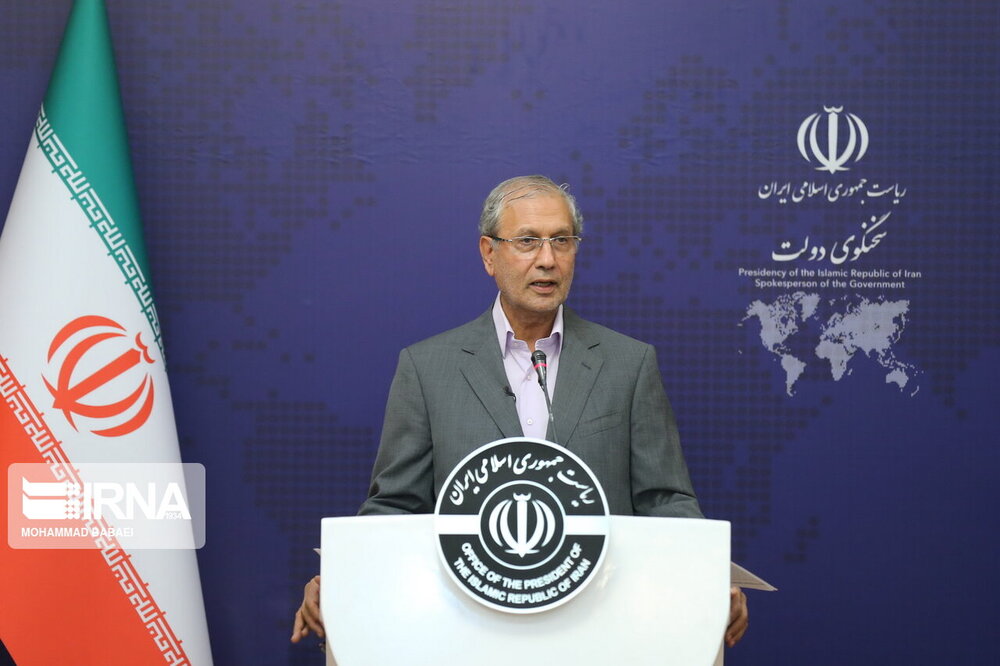Iranian government: Nuclear commitment is reciprocal

TEHRAN – The Iranian government reiterated on Monday that Iran will return to full implementation of the 2015 nuclear deal if Europe meets its obligations, saying commitment is reciprocal.
“Commitment in response to commitment is a strategy that we have now adopted,” government spokesman Ali Rabiei told a press conference.
Under the nuclear accord, officially known as the Joint Comprehensive Plan of Action (JCPOA), Iran was obliged to put limit on its nuclear activities in exchange for termination economic and financial sanctions.
“The two presidents [President Hassan Rouhani and French President Emmanuel Macron] held serious talks in the past weeks. Foreign Minister [Mohammad Javad Zarif] has held talks with the Europeans about the ways to implement their commitments. Fortunately, in most cases the views have become closer,” Rabiei stated.
“Mr. Araghchi’s visit to Paris along with representatives from the Ministry of Petroleum and Central Bank is in line with implementation of the Europeans’ obligations,” he said.
He noted, “As it has been said earlier, Iran should sell its oil and receive its money. This is the subject of our talks.”
Zarif visited France on August 25 and met with Macron.
Deputy Foreign Minister Abbas Araghchi along with a delegation was also in Paris on Monday.
President Hassan Rouhani’s chief of staff Mahmoud Vaezi said on Sunday that Araghchi’s visit to Paris is intended to discuss a “proposal being discussed between Iran and France”.
U.S. President Donald Trump withdrew Washington in May 2018 from the JCPOA, which was reached between Iran and six world powers in 2015.
Afterwards, Washington re-imposed sanctions on Iran that had been lifted under the deal and ordered new ones.
On May 8, exactly one year after the U.S. withdrew from the multi-nation nuclear agreement, Iran announced a partial withdrawal from some aspects of the pact, saying that the country would no longer adhere to some of the limits on its nuclear activities. It also threatened to step up uranium enrichment if an agreement is not made within 60 days to protect it from the sanctions’ effects.
In follow-up to that deadline, on July 7 Iran announced that it has started enriching uranium to a higher purity than the 3.67% as the Europeans missed the 60-day deadline to devise a concrete mechanism to protect the country from the U.S. sanctions.
Rouhani said on August 14 that Tehran will start the next step of reducing nuclear obligations after the second 60-day deadline.
The third step can include installation of more centrifuges, especially advanced ones.
In an interview with the Sueddeutsche Zeitung newspaper published on Tuesday, Iran’s Foreign Minister Mohammad Javad Zarif said the country will begin suspending more of its commitments under the nuclear deal on September 6.
NA/PA
Leave a Comment